Sleep – Part 2
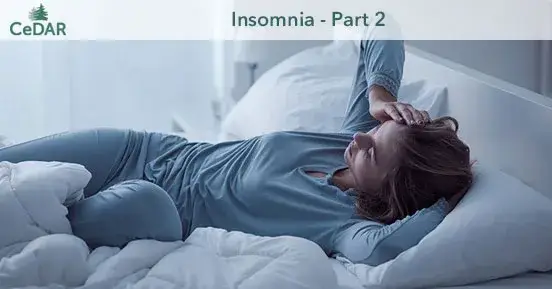
This is part 2 of Sleep. Chronic insomnia is also a very common reported reason for someone relapsing on substances. The stress and agitation from poor sleep eventually wear someone down. What are the causes and what can I do about it? Find out here.
Acting In vs. Acting Out
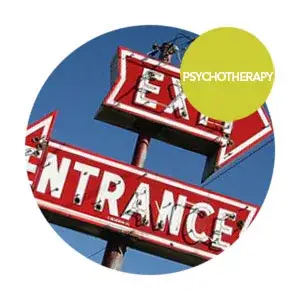
If someone repeatedly is acting-out during their treatment course, we will constantly push them to start ‘acting-in.’ Acting-in isn’t a form of acting at all – it’s about talking! What gets in the way of someone acting in? Find out how to deal with ‘acting out’ by ‘acting in’. LISTEN TO THE AUDIO VERSION
Sleep – Part 1
I can’t sleep! Can I take something for this? I’ve never really been able to get good sleep. It takes me forever to fall asleep. Drinking helps. Having some basic understanding of the neurochemicals connected to sleep is very useful. Find out more. LISTEN TO THE AUDIO VERSION
Revisiting the Harms of Alcohol
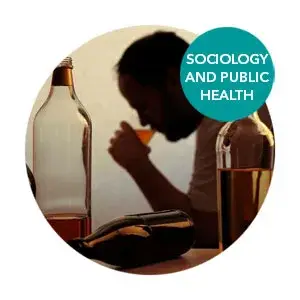
The evolving awareness around alcohol harm reminds us somewhat of how tobacco was perceived through the 19th and early 20th century. We always need to be mindful of how our health knowledge can change. Find out more about the harms of alcohol. LISTEN TO THE AUDIO VERSION
Vaping Research Review
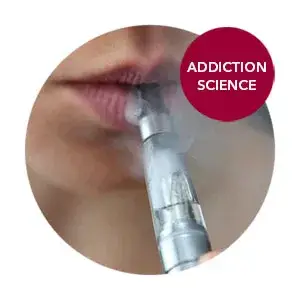
Since their inception one decade ago, electronic cigarettes are used by an estimated 9 million US citizens. It’s imperative that consumers understand the risk factors and medical data. Review the research and find out more. LISTEN TO THE AUDIO VERSION
Trust Triangle
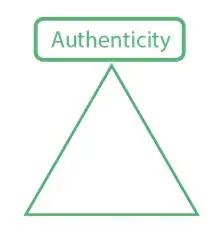
Trust is commonly mentioned in clinical care as one of the principle ingredients by which a therapist helps someone. This is called a ‘therapeutic alliance.’ In many ways, the presence (or absence) of such an alliance will predict the outcomes of someone’s treatment. Read more about trust in treatment. LISTEN TO THE AUDIO VERSION
Better Boundaries
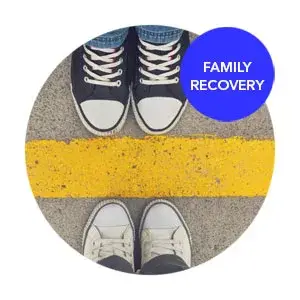
When boundaries are poor, people can feel generally unsafe, in that they don’t know what to predict in any given relationship. Many people who struggle with boundaries describe feeling somewhat ‘enveloped’ by others. Read more about boundaries. LISTEN TO THE AUDIO VERSION
Past Treatment Experiences
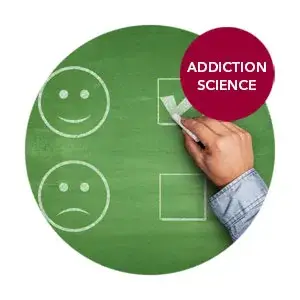
People can have a wide range of past treatment experiences ranging from highly positive to outright destructive and harmful. These past experiences really shape how you move forward (or don’t) in using treatment for your benefit. LISTEN TO THE AUDIO VERSION
Treatment Contracting
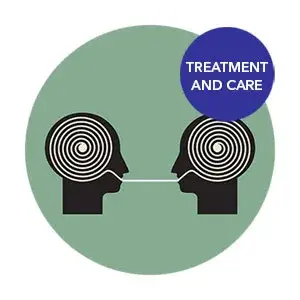
A treatment contract involves many things important to the therapeutic relationship. It also emphasizes the nature of your relationship as a fiduciary clinical relationship built on trust. You trust your therapist, not the other way around. Find out why. LISTEN TO THE AUDIO VERSION
Boundaries and D.E.A. Communication
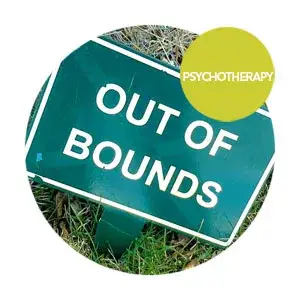
As boundaries become eroded, it becomes more difficult to trust other people. As trust becomes less and less, a sense of closeness in your life disappears and you feel alone. Your addicted self loves when you’re alone. LISTEN TO THE AUDIO VERSION
